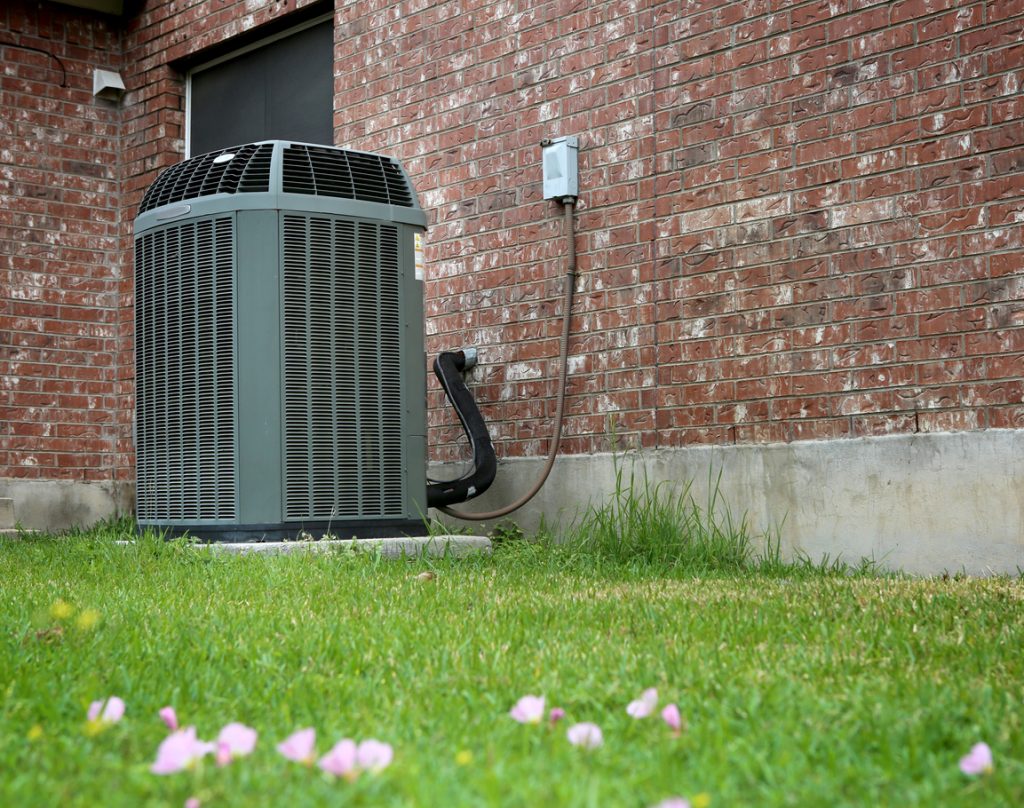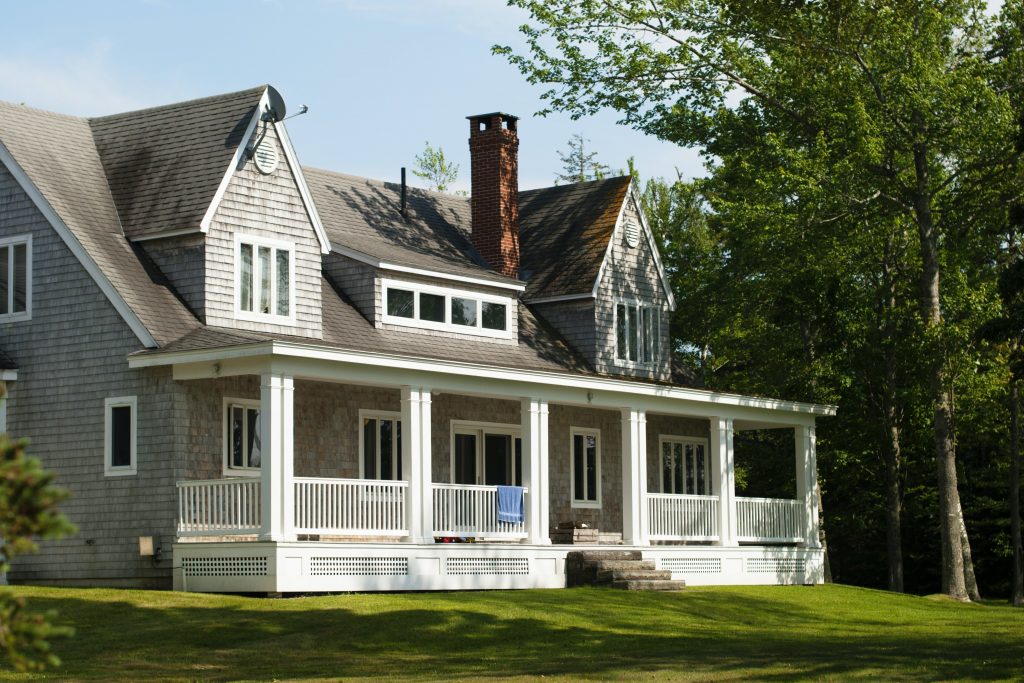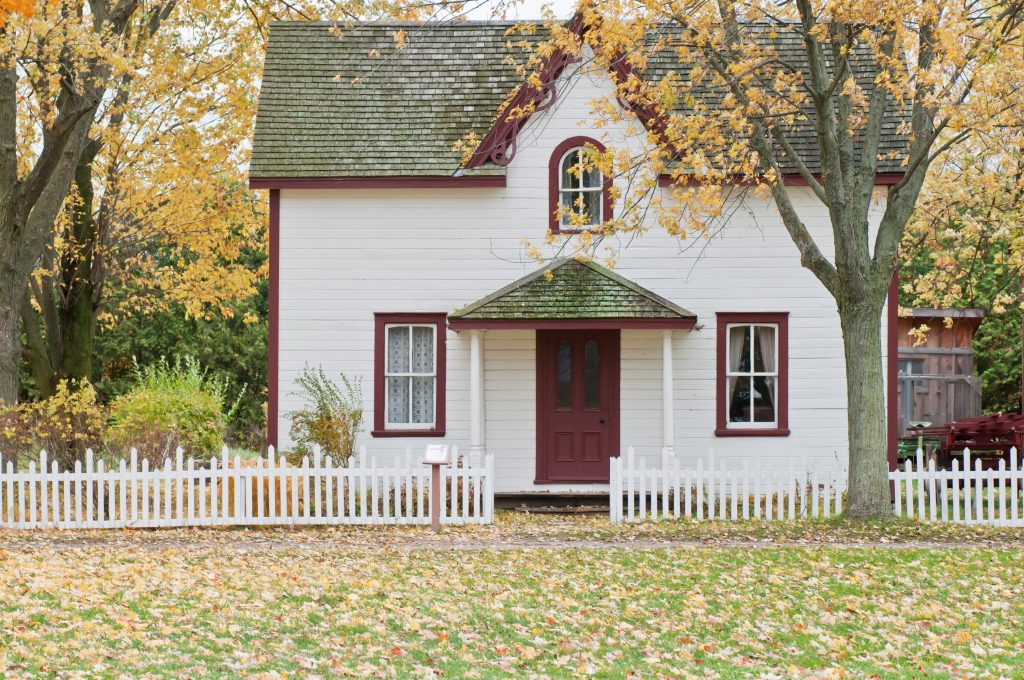Heat pumps can be a great way to heat and cool your home, but like any other system, they have their advantages and disadvantages. Here are some of the most important heat pump pros and cons:
Heat Pump Benefits
There are many reasons to install a heat pump in your home, so to discuss heat pump pros and cons, let’s start with the advantages.
- Energy Efficiency: Heat pumps use a small amount of electricity to move heat from one place to another, making them one of the most energy-efficient heating and cooling systems available.
- Reduced Energy Bills: Because heat pumps are so efficient, they can significantly reduce your energy bills compared to other heating and cooling systems.
- Versatility: Heat pumps can be used for both heating and cooling, making them the more flexible option for your home.
- Quiet Operation: Heat pumps are known for how quietly they operate, which can be a major plus in homes where noise levels are a concern.
- Environmentally Friendly: Heat pumps do not generate emissions like a traditional furnace or air conditioner, greatly reducing their carbon footprint.
Heat Pump Disadvantages
What are the disadvantages of a heat pump? Here are some of the most prominent issues.
- Installation Cost: Although heat pumps can be more cost-effective in the long run, the initial cost of installing a heat pump can be higher than other heating and cooling systems.
- Extreme Temperatures: Heat pumps may not perform well in very cold temperatures, and an auxiliary heating source may be needed.
- Maintenance: Like any home heating system, heat pumps require regular maintenance to keep them running smoothly.
- Professional Installation: Installing a heat pump requires a high level of technical know-how, and it is best left to a licensed HVAC technician.
Many heat pump pros and cons depend on your specific needs and circumstances. It is always best to consult a knowledgeable HVAC expert to determine if a heat pump is the right choice for your home.
Heat Pump Efficiency
When talking about energy efficiency, you can’t beat heat pumps. They are more energy-efficient than other heating systems for several reasons:
- Refrigerant-based operation: Heat pumps use refrigerant for transferring heat, which is a much more efficient process than burning fuel to generate heat.
- Energy transfer: Heat pumps work by transferring heat between locations, instead of generating heat through combustion or resistance heating. This means that a small amount of energy input can result in a large amount of heating or cooling.
- High COP: The Coefficient of Performance (COP) of a heat pump is a measure of its efficiency. Heat pumps have a COP rating of around 3, meaning that for every unit of energy input, they generate three units of heating or cooling.
- Energy-saving features: Many modern heat pumps come with energy-saving features such as variable speed compressors, programmable thermostats, and air-to-air heat recovery systems, which increase their energy efficiency.
Heat pumps offer significant energy savings when compared to other heating appliances, and they are an environmentally friendly option that can help reduce your carbon footprint and lower your energy bills.
Geothermal Heat Pumps
If considering a heat pump, you should also look into the geothermal variety. The main difference between geothermal heat pumps and regular heat pumps is the source of heat they use to heat and cool a building.
While regular heat pumps extract heat from the outdoor air to provide warmth in the winter and remove heat from the indoor air to provide cooling in the summer, geothermal heat pumps use the earth’s constant temperature to heat and cool your home.
Regular heat pumps can be air-source or water-source, depending on where the heat exchange takes place. Air-source heat pumps extract heat from the outdoor air and transfer it indoors using a refrigerant, while water-source heat pumps extract heat from water drawn from a nearby body of water or a well and transfer it indoors.
Geothermal heat pumps use a ground loop system to extract heat from the ground, which remains at a relatively constant temperature throughout the year. A series of pipes are buried in the ground and filled with a liquid, which absorbs heat from the ground and carries it to the heat pump, where it is used to heat or cool a building.
Because the ground temperature remains relatively constant, geothermal heat pumps are even more energy efficient than regular heat pumps. Like their heat pump counterpart, geothermal heat pumps also come with their own pros and cons. Geothermal heat pump pros and cons include the following:
Geothermal Heat Pump Pros
- Energy efficiency: Geothermal heat pumps are very energy efficient and can reduce energy consumption and costs by up to 50% compared to traditional heating and cooling systems.
- Environmentally friendly: Geothermal heat pumps produce fewer greenhouse gases and have a smaller environmental impact than traditional heating and cooling systems.
- Long lifespan: Geothermal heat pumps can last up to 25 years for indoor components and up to 50 years for the ground loop. That’s a long life compared to some other choices.
- Quiet operation: Geothermal heat pumps operate very quietly compared to traditional heating and cooling systems.
- Reliable: geothermal heat pumps are very reliable, require minimal maintenance, and have fewer mechanical parts that can break down.
Geothermal Heat Pump Cons
- High upfront cost: The initial installation cost of geothermal heat pumps is typically higher than traditional heating and cooling systems, due to the cost of the ground loop installation.
- Ground loop installation: The installation of the ground loop can be disruptive and requires a substantial amount of digging.
- Limited suitability: Geothermal heat pumps are not suitable for all areas, as they require a certain amount of space for the ground loop and the soil and rock types in the area must be suitable for excavation.
- Maintenance: While geothermal heat pumps require minimal maintenance, the ground loop may require occasional repairs or replacement, which can be costly.
American Home Water and Air for Your Heat Pump Installation
If you are considering either type of heat pump, you’ll find they are an excellent choice on many levels. While they aren’t always an ideal choice for climates where temperatures drop significantly in the winter, they are worth considering for the milder weather in Arizona.
Contact your HVAC professionals at AHWA if you’d like to learn more about getting a heat pump installed in your home. We can help you find the best option to fit your needs and budget.
[related_posts_by_tax posts_per_page="3" format="thumbnails" image_size="medium"]









